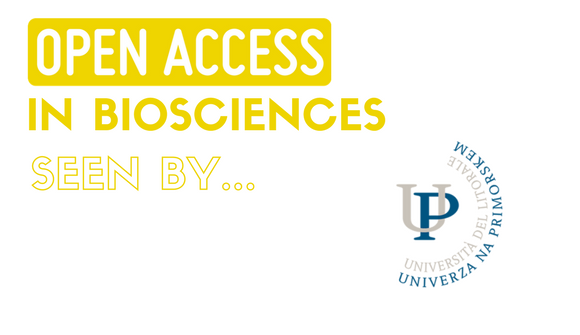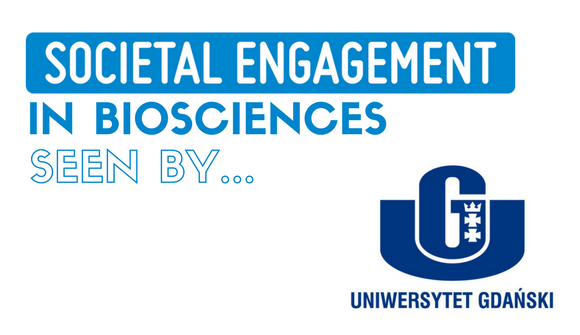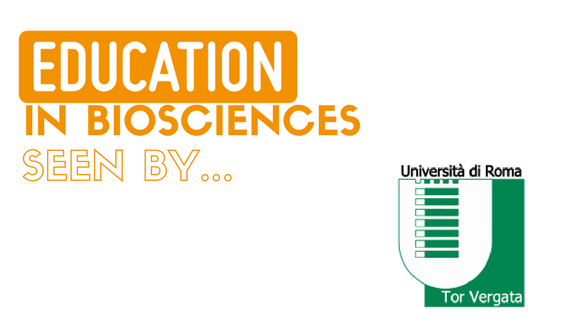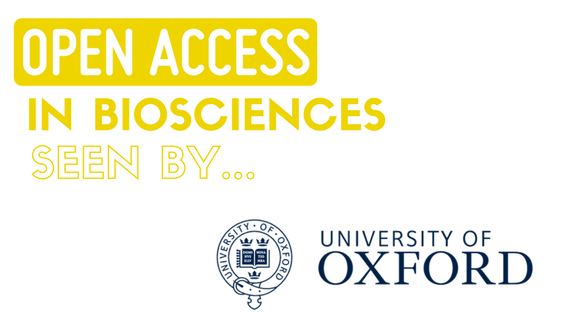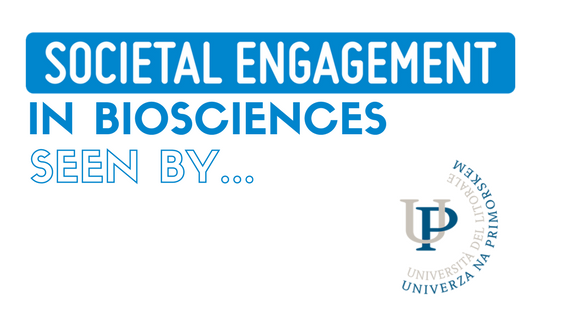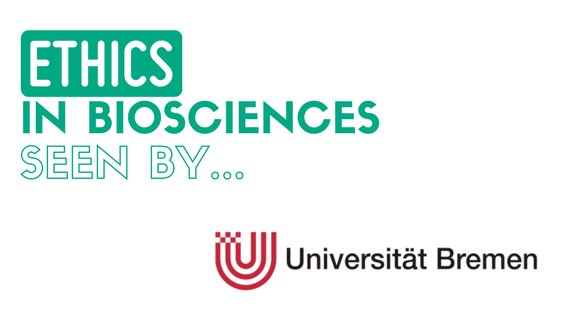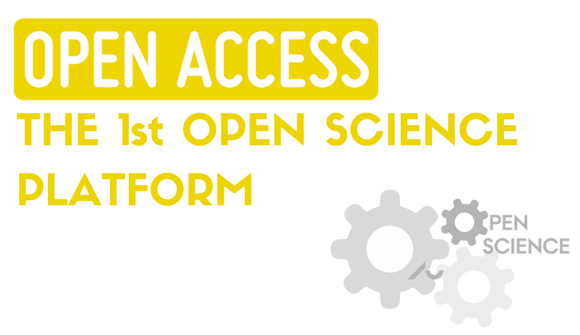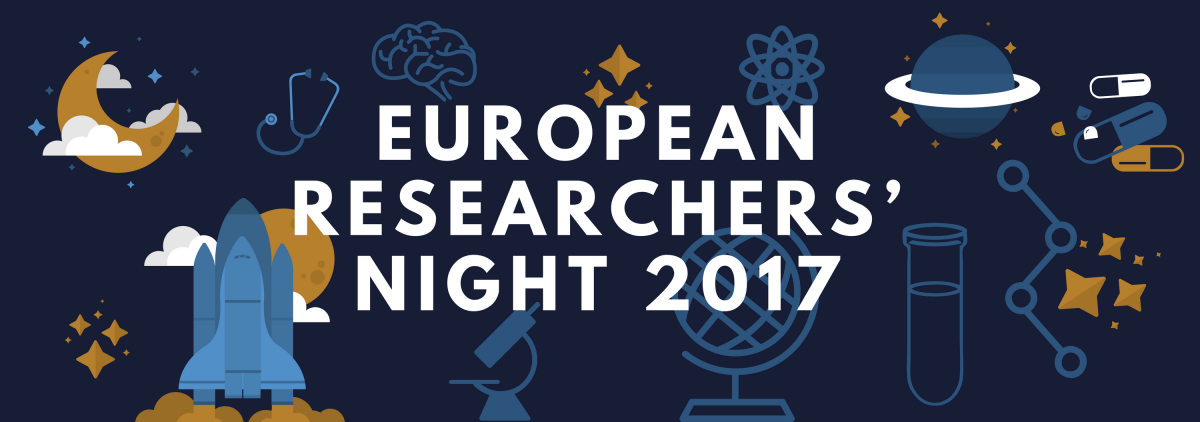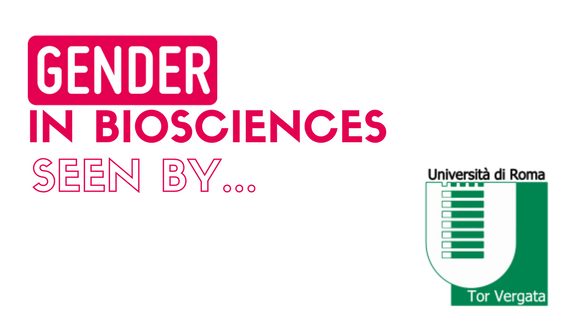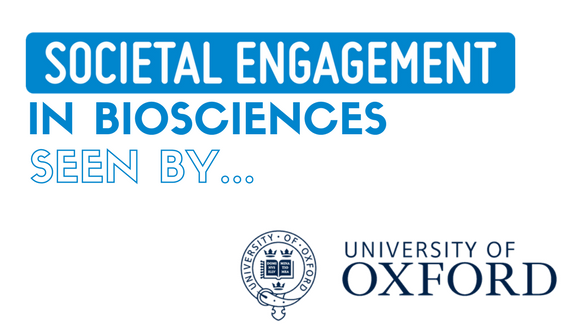How do you understand Open Access in biosciences research? The open access publications enable the new forms of scientific communication, networking and transfer of knowledge. In the so-called “Open Science” movement, teachers and researchers share their research results and information in real time with each other and with the public. With open access, this information can also be used by those persons and institutions that have not previously access to research results and could not finance such access. Scientists and academics are not the only groups that can benefit from open access publications. The demand from the business sector and individual citizens for access to research results in the form of data in publications is also important. What are the current standards and actions to achieve better Open Access in your University and in your country? The departments of biosciences (Biodiversity, Biopsychology and Applied sciences), at the University of Primorska, aim to raise awareness for accessing and sharing research results and publications. Introduction of Open Access policy is relatively new for our University and also to the other research institutions in Slovenia. A brief overview of Open Access situation is presented on the Open Science website. The Government of the Republic of Slovenia adopted the National Strategy of Open Access to Scientific Publications and Research Data in Slovenia 2015-2020 in September 2015 (ROARMAP record) and the action plan in May 2017. What are you aiming for with the implementation of the STARBIOS2 actions towards better Open Access standards for your …
Societal Engagement in Biosciences, seen by the University of Gdansk, Poland
How do you understand Societal Engagement in biosciences research? Scientists have a responsibility to engage in public dialogue about the implications of biosciences findings and to help distinguish between socially beneficial and socially harmful applications. The relation between science and society, including politics, is the base of social and economical development. The state decides about directions of development by legal and financial instruments, but it also suffers consequences of the lack of social acceptance of new technology. Bioscience is a cutting-edge area of science in which the pace of progress is perhaps faster than society’s capacity to deal with its ethical and social implications – therefore needs to be addressed properly. What are the current standards and actions to achieve better Societal Engagement in your University and in your country? State scientific policy is not consistent in defining the role and function of scientific communication. There is a great discrepancy between ambitious goals set for research units and academics in this area and financial support or the raising of the rank of activity in this field in the periodic assessment of a scientific unit or the processes of scientific career development. Popularization of science is part of the Development Strategy of the University of Gdańsk until 2020 – in the field of strengthening of the university’s ties with the economic and social environment of Pomorskie. What are you aiming for with the implementation of the STARBIOS2 actions towards better Societal Engagement standards for your institute? The Intercollegiate Faculty of Biotechnology …
Education in Biosciences, seen by the University of Rome – Tor Vergata, Italy
Dr. Carla Montesano – Assistant Professor of General Pathology and Immunology, member of STARBIOS2 Coordination Team, and responsible for the STARBIOS2 Action Plan of University of Rome – Tor Vergata. Dr. Antonella Minutolo – PhD in Experimental Medical Microbiology and Immunology and Specialist in Microbiology and Virology; member of STARBIOS2 Coordination Team. How do you understand Education, as RRI key? Education is a crucial RRI key, which deeply affect the relationship between scientific research and society. It’s important to enhance current education process and organization so as to provide future researchers and other social actors having the capacity to take responsibility in research and innovations process, and attracting children and youths to maths, science and technology. In the framework of STARBIOS2, through our Action Plan, we seek to develop a specific approach to education, tailored to specific features of biosciences. What are the current actions to achieve better Education, as RRI key, in your Department? In research and teaching activities of the Department of Biology, we have started to deal more systematically, besides the general issues of the topic we work on, also aspects related to social issues. We are trying to enhance what we are already doing in our Department in this regard. The invitation we make to all members of the Department and students is to understand the link between scientific research and society, to avoid self-referential approaches, and to pay attention to the instances of society. This means, among other things, more conscientiously addressing the issues of …
Open Access in Biosciences, seen by the University of Oxford, UK
How do you understand Open Access in biosciences research? Open access is a way of eliminating permission and price barriers in order to guarantee free access to biosciences research publications. Open access means that the public can access your work. This facilitates greater exposure and higher citation rates because researchers from other countries can view your work. What are the current standards and actions to achieve better Open Access in your University and in your country? The University of Oxford is very committed to open access and has a webpage dedicated to explaining the University’s position: http://openaccess.ox.ac.uk/ – policy and information. As researchers are actively encouraged to publish open access, this requires a collaborative project that involves many departments such as Research Services, Bodleian Libraries, IT Services, Planning and Resource Allocation Section, Oxford University Press, and Academic Divisions. There is also an open access policy in institutions of higher education throughout the United Kingdom due to the Research Excellence Framework (REF). In order to receive higher education funding (HEFCE), REF requires journal articles to be made Open Access. The aim of the policy is to increase the amount of UK research which is freely available – and more articles open access means higher REF scores in 2021. What are you aiming for with the implementation of the STARBIOS2 actions towards better Open Access standards for your institute? The University of Oxford is a leading institution in open access and led a strong communication strategy to engage researchers. We aim to …
Societal Engagement in Biosciences, seen by the University of Primorska, Slovenia
University of Primorska, Department of Biodiversity Sandra Hasić – research assistant at the Department of Biodiversity of the University of Primorska. How do you understand Societal Engagement in biosciences research? Societal engagement for us is not just the involvement of the department’s work in the local environment, but it is one of the most important factors for the long-term influence of our research. Nature conservation can be successful only in collaboration with different stakeholders involved in the processes, such as the local population, representatives of the authorities, NGOs, national institutions, the economy, and policy makers. Therefore, raising awareness regarding biosciences research is an important part of the process. Only with the transfer of knowledge and technologies, as a structural change in field of nature conservation, goal can be achieved. What are the current standards and actions to achieve better Societal Engagement in your University and in your country? University of Primorska is a very young University and we are still establishing our position at the local environment, and public engagement is one of the crucial points of gaining recognition in the area. The societal engagement should be focused on future collaborations with different stakeholders in the region and on promotion and integration of biosciences departments. At the national level, we can achieve progress in societal engagement with the establishment of specially designed project scheme for funding the collaborative projects between the University and local stakeholders, the economy and NGOs. Our faculty is very successful in applying for grants in schemes. …
Ethics in Biosciences, seen by the University of Bremen, Germany
University of Bremen – Faculty of Biology & Chemistry Dr. Doris Elster – Head of the Department of Biology Education at the Institute of Science Education. How do you understand Ethics in biosciences research? The term “research ethics” comprises a set of values, norms and institutional regulations that support and regulate scientific activities. Research has a fundamental ethos, namely the search for truth. At the same time, research ethics emphasizes that research has a – more general -responsibility for the society. In this area of tension between researcher’s curiosity and responsibility towards humans and the environment research ethics in biosciences occurs. What are the current standards and actions to achieve better Ethics in the University of Bremen? At the University of Bremen ethical issues are determined within the “Regulations assuring good scientific practice” (German Research Association) and complied within the “Principles of good scientific practice”, adopted by the Academic Senate on February 23, 2002. The nine members of the “Committee for the Investigation of Allegations of Scientific Misconduct” are elected by the Academic Senate of the University of Bremen and investigate and evaluate any concrete suspicion of scientific misconduct. What are you aiming for with the implementation of the STARBIOS2 actions towards better Ethics standards for the Faculty Biology and Chemistry at the University of Bremen? Our aim is to raise awareness of ethical issues in general and to promote good research practice based on already existing and guidelines as well as further specific guidelines for the biosciences. At the University of …
The 1st Open Science platform launched by Aarhus University, Denmark
An innovative free of charge tool Along with a number of leading Danish industrial companies, Aarhus University has opted out of the academic and patenting rat race in a new collaboration on basic research of relevance to industry. Researchers and companies from all over Denmark have the opportunity to publish their results and data on the innovative Open Science platform, where the information is available free of charge to everyone interested. Established with funds (DKK 2.5 million) from the Danish Industry Foundation, the platform combines basic research with industrial innovation, ensuring that industry and universities get greater benefits from each other’s research and technology. The Open Science platform breaks the barriers that make it difficult and expensive for companies to gain access to the part of basic university research that is most relevant for them. It also addresses a number of major challenges facing basic research, in particular in Denmark, where both researchers and grant providers focus increasingly on safe bets. Why creating an Open Science platform? The aim of the Open Science platform is to have university researchers and companies collaborate to create basic new knowledge that is available to everyone – and which no one may patent. However, everyone is subsequently free to use the knowledge to develop and patent their own products. The interest for such an idea of collaborating in a patent-free zone is enormous among companies that otherwise use substantial resources on protecting their intellectual property rights. The first platform focuses on smart materials and …
Meet scientists on European Researchers’ Night 2017
The European Researchers’ Night (NIGHT) is a public event dedicated to popular science and fun learning that occurs each year since 2005, on the last friday of September. More than 30 European countries, and 300 cities are involved in that event! What happens during the European Researchers’ Night? On this night visitors get the opportunity to meet researchers from all disciplines, in unusual and scenic spaces. The event invites you to meet science heroes, researchers from all scientific disciplines whose fascinating work can, and will, change our lives. This is a unique opportunity to endorse these heroes’ cloak by making you a researcher for the night, discovering countless scientific disciplines, and above all, have fun! All these events will take place on Friday 29 September in several hundred cities throughout Europe and in several neighboring countries. What is the goal of the European Researchers’ Night? The main objective of the European Researchers’ Night (NIGHT) is to increase research and innovation awareness, and to bring researchers closer to the general public. It showcases what researchers really do for society, as well as promoting research careers to young people. Agrobioinstitute (ABI) & the European Researchers’ Night! This year, on Friday, September 29th, ABI will take part of the NIGHT. You will be able to meet scientists from: Agrobioinstitue (ABI), Sofia, Agricultural Academy Institute of cryobiology and food technology (ICFT), Sofia, Academy Institute of ornamental plants (IOP), Negovan, Agricultural Academy Biological faculty (BF), Sofia University About ABI Agrobioinstitute is one of the most dynamic research structures …
Gender in Biosciences, seen by the University of Tor Vergata, Italy
Elena Bachiddu – Member of the Department of Biology at the University of Rome “Tor Vergata”. She works in communication, event organization and on the website of the Department. She is a cultural anthropologist and teaches ‘Health and Safety at Work’ for “Didactics of Science” courses, the theoretical-practical modules annually organized by the Department to promote and disseminate scientific knowledge among students of first and second grade schools. Elena Bachiddu is also a member of the Central Advocacy and Control Committee (CUG-Comitato Unico di Garanzia), where she coordinated Work-Life Balance seminars and publications. 1. How do you understand “Gender” in biosciences research? Broadly based and explored in the field of Gender Studies theory, the discourse on ‘gender difference’ is emerging nowadays in Italy in the biomedical disciplines where it is understood as closely related to the guidelines of personalized medicine and no longer as limited to the sphere of reproductive health of woman. Consequently, Gender Medicine, starting from research and biomedical experimentation and pre-clinical studies, appears as an area that currently recognizes and examines the sex and the feminine difference. In this sense research and experimentation approaches are oriented within several pharmacological research projects and research institutes, training of medical specializations, hospitalization procedures in the local healthcare facilities and healthcare policies. However, in general terms, we must remember that, according to the Global Gender Gap Report presented at the World Economic Forum, Italy still ranks 50th as for women participation in the labor market and for economic opportunities, and in particular according …
Societal Engagement in Biosciences, seen by the University of Oxford, England
Dr. Laurel Edmunds – is a Senior Research Fellow working in collaboration with the NIHR Oxford BRC and relevant researchers across the University of Oxford. She is currently leading on a series of systematic reviews evaluating women in academic medicine and research efficacy in the NIHR Oxford BRC. Dr. Maria Milano – is a research assistant at the Radcliffe Department of Medicine in Oxford University. 1. How do you understand “Societal Engagement” in biosciences research? Societal engagement is a two-way process resulting from the interaction between researchers and the public in order to obtain a mutual benefit. It is signified through different types of activities: collaborating activities which aim to create or decide something together with the public (e.g. partnership working); receiving activities where the views, knowledge and experiences of the public are used to inform, build, or even change decisions (e.g. surveys); transmitting activities with the intention of inspiring and informing the public (e.g. science festivals). 2. What are the current standards and actions to achieve better Societal Engagement in Oxford University and in England in general? A key focus of the University of Oxford is to equip academics and researchers across the entire institution to develop and deliver public engagement with research activities. We have specially trained personnel that run courses and offer resourses (eg www.oxfordsparks.ox.ac.uk) to support researchers with their engagement activities. Societal engagement is now recognised as an academic accomplishment in the UK as part of the Research Excellence Framework (a rank of effectiveness and achievement of the UK researchers, by …




